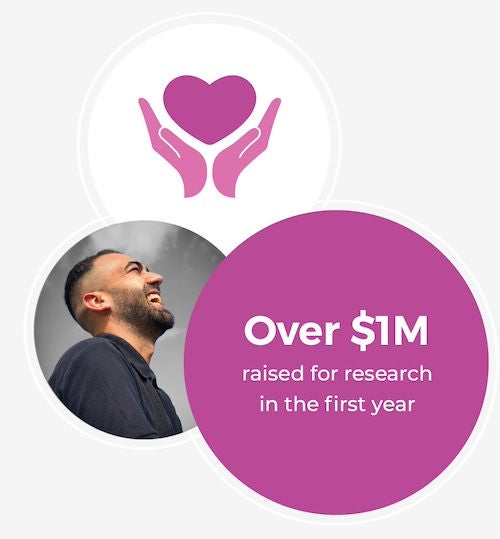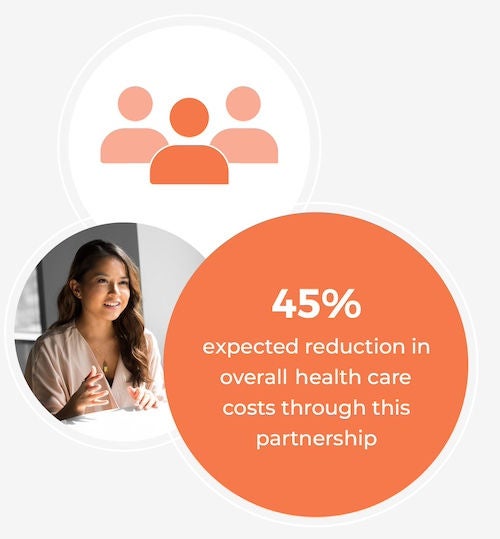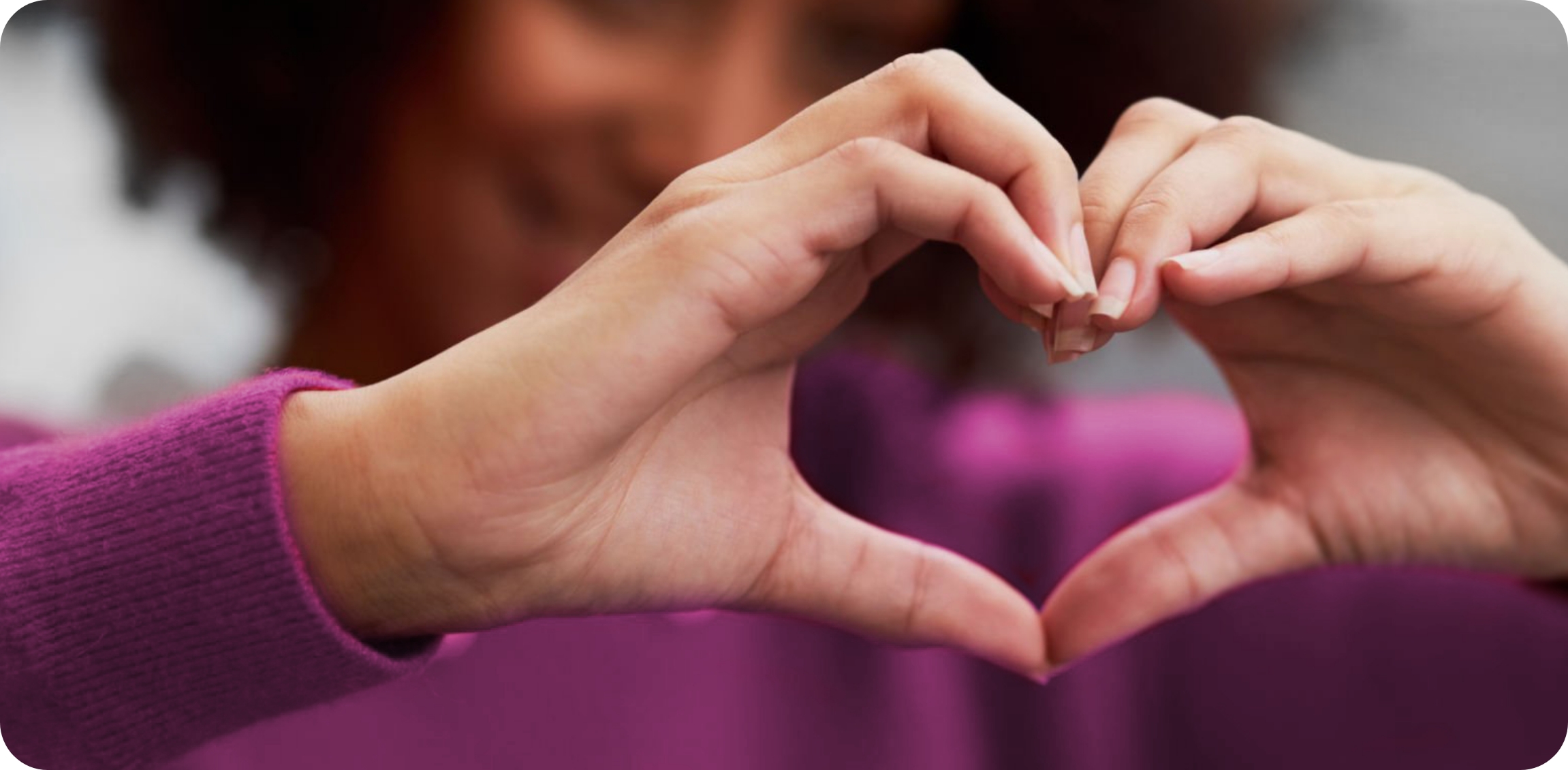
The Institute is focused on four strategic priorities:
Work in progress
Our strategies in action
Research and evaluation
The Institute is working with a number of clinicians and partners across CommonSpirit to better understand the science of humankindness and its impact on health justice. A few current projects include:
- Understanding Peripheral Arterial Disease Screening with a Focus on Equity Gaps (Sacramento, CA)
- Leveraging Digital Patient Navigation to Address COVID Vaccine Hesitancy in Vulnerable Populations (Central Coast, CA, and Little Rock, AR)
- Community Health Worker Integration to Address Social Determinants of Health in the Clinical Care Setting (Phoenix, AZ)
- Legal Assistance Addressing Complex Social Needs to Improve Health and Reduce Overall Health Care Costs (Port Orchard, WA)


Medical-legal Partnership (MLP)
The National Center for Medical-Legal Partnership (MLP) estimates that 1 in 6 Americans has a civil legal problem that if resolved would improve health outcomes. One study even showed 95% of the highest-utilizing patients had two or three legal problems. And when these legal problems were addressed, health improved and overall health care costs declined by 45%. Particularly with low-income patients, a medical approach alone is often not enough, and legal help is required to address complex social needs. Legal assistance can help remove barriers to healthy housing, nutrition, safety, stability and insurance to access and pay for health services.
In partnership with the law firm Polsinelli, the Institute will launch a pilot program to provide legal services to patients of a designated clinic.
Volunteer activies in 20+ states
The Institute is currently partnering with various CommonSpirit markets to pilot service activities that engage our employees in giving back to the community. For example, in Little Rock, Arkansas, the Institute supported a school supply drive that provided backpacks, notebooks, pencils and more to more than 200 children in low-income communities. And in Houston, Texas, the Institute will be creating over 200 Shelter Packs to distribute to unhoused individuals across the city.








